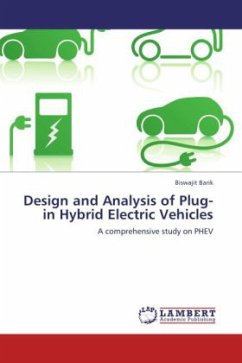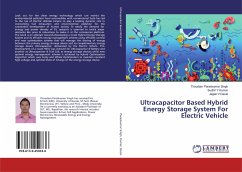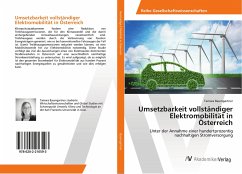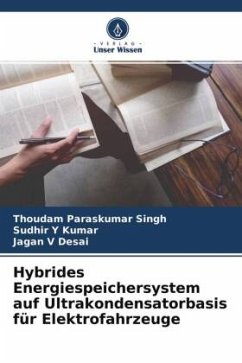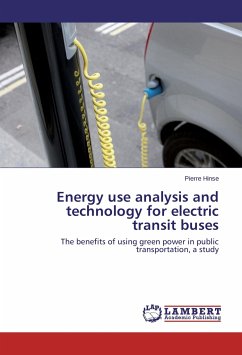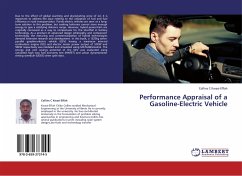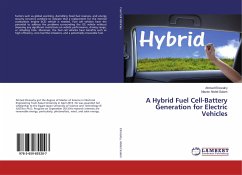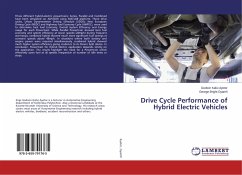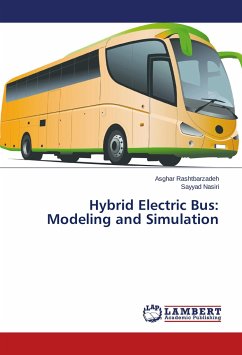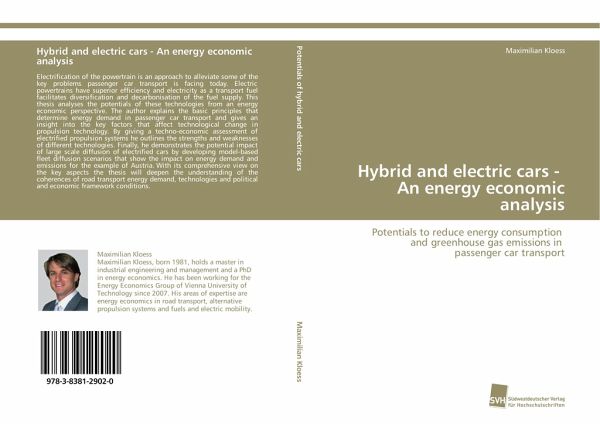
Hybrid and electric cars - An energy economic analysis
Potentials to reduce energy consumption and greenhouse gas emissions in passenger car transport
Versandkostenfrei!
Versandfertig in 6-10 Tagen
59,99 €
inkl. MwSt.

PAYBACK Punkte
30 °P sammeln!
Electrification of the powertrain is an approach to alleviate some of the key problems passenger car transport is facing today. Electric powertrains have superior efficiency and electricity as a transport fuel facilitates diversification and decarbonisation of the fuel supply. This thesis analyses the potentials of these technologies from an energy economic perspective. The author explains the basic principles that determine energy demand in passenger car transport and gives an insight into the key factors that affect technological change in propulsion technology. By giving a techno-economic a...
Electrification of the powertrain is an approach to alleviate some of the key problems passenger car transport is facing today. Electric powertrains have superior efficiency and electricity as a transport fuel facilitates diversification and decarbonisation of the fuel supply. This thesis analyses the potentials of these technologies from an energy economic perspective. The author explains the basic principles that determine energy demand in passenger car transport and gives an insight into the key factors that affect technological change in propulsion technology. By giving a techno-economic assessment of electrified propulsion systems he outlines the strengths and weaknesses of different technologies. Finally, he demonstrates the potential impact of large scale diffusion of electrified cars by developing model-based fleet diffusion scenarios that show the impact on energy demand and emissions for the example of Austria. With its comprehensive view on the key aspects the thesis will deepen the understanding of the coherences of road transport energy demand, technologies and political and economic framework conditions.



